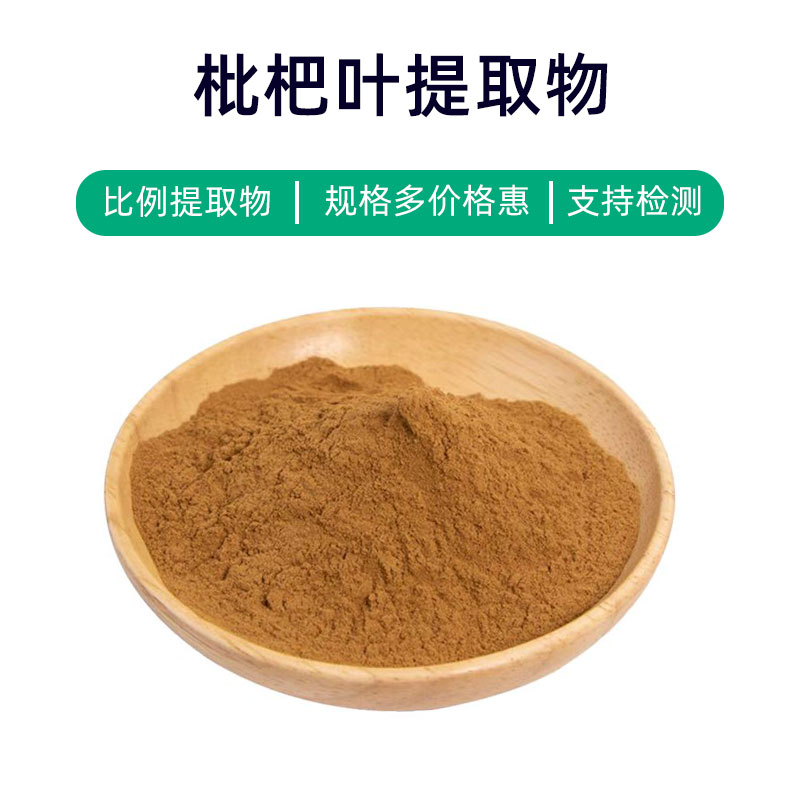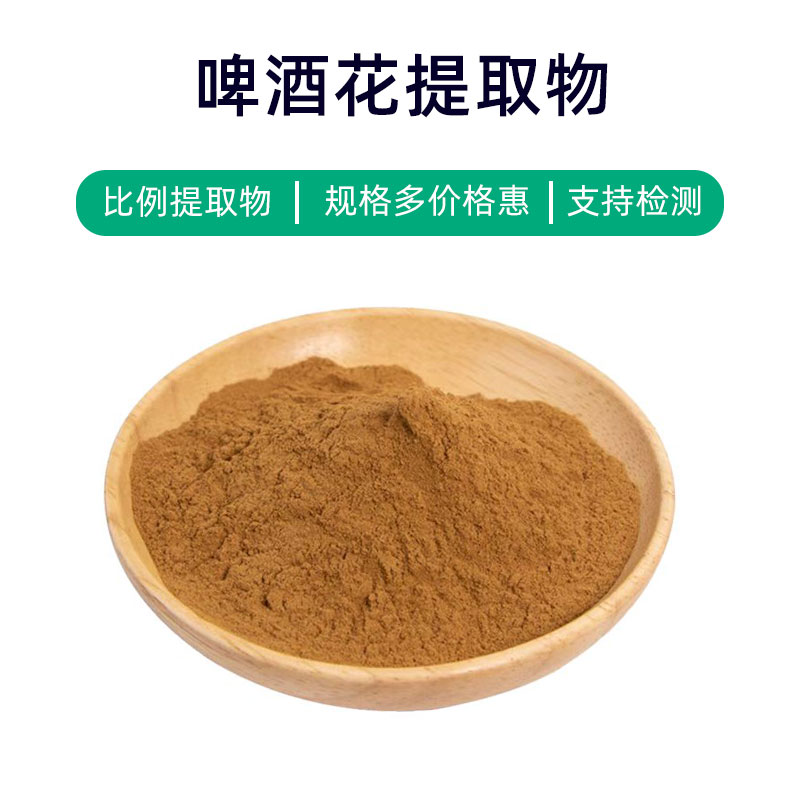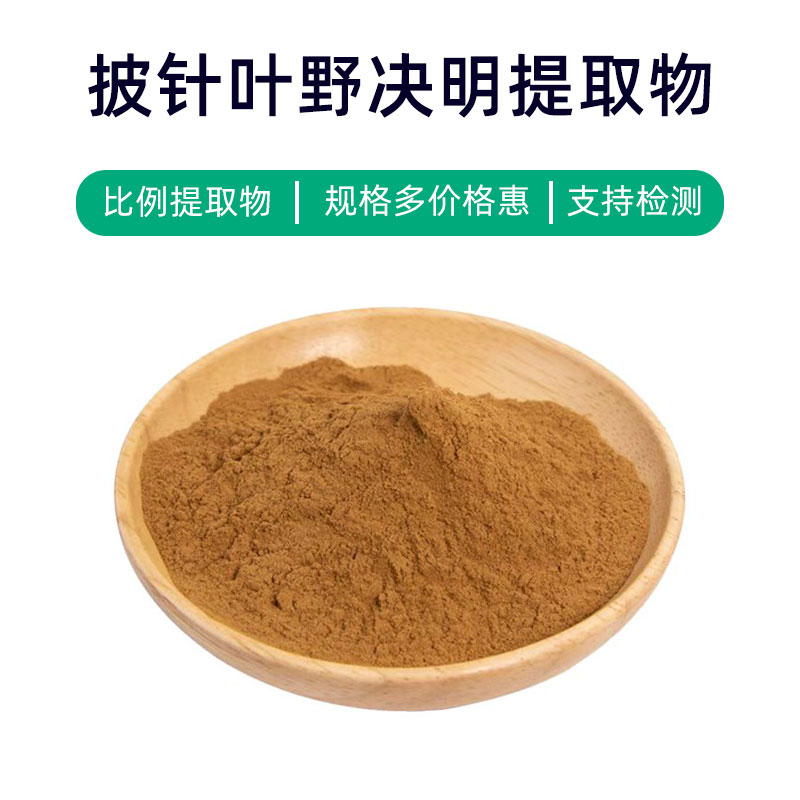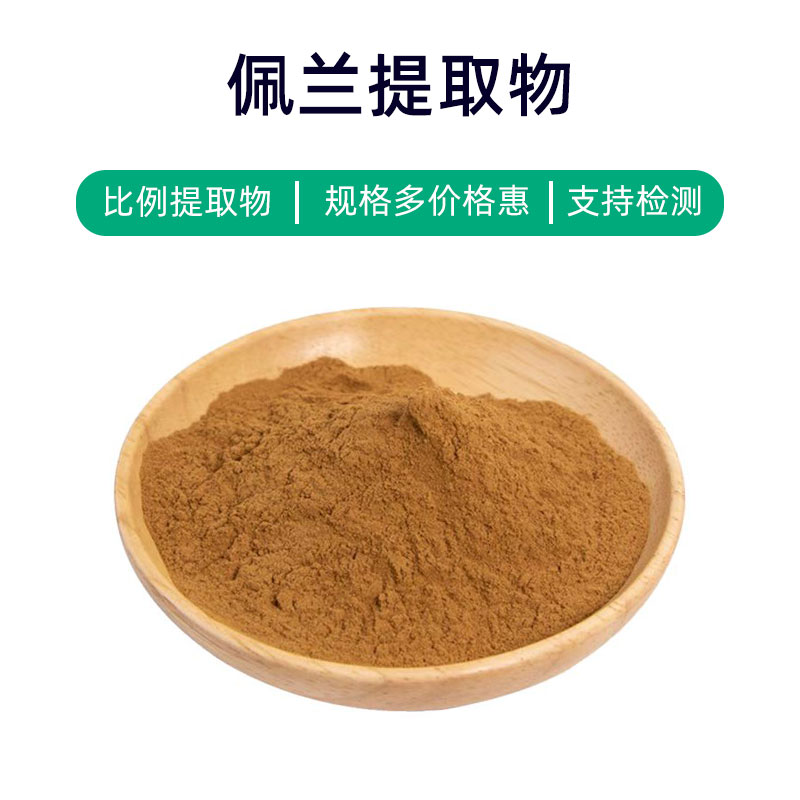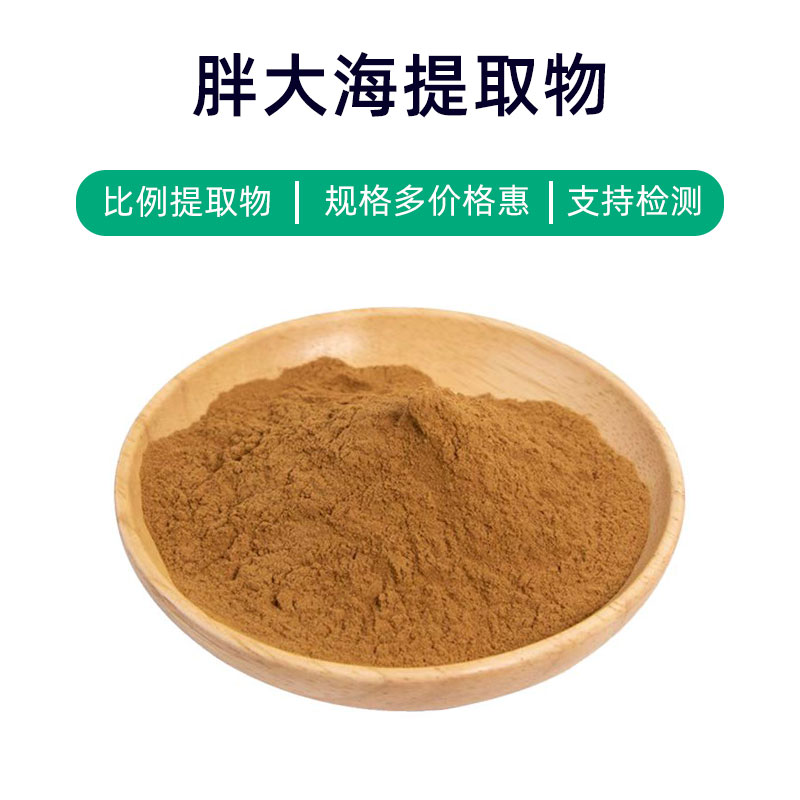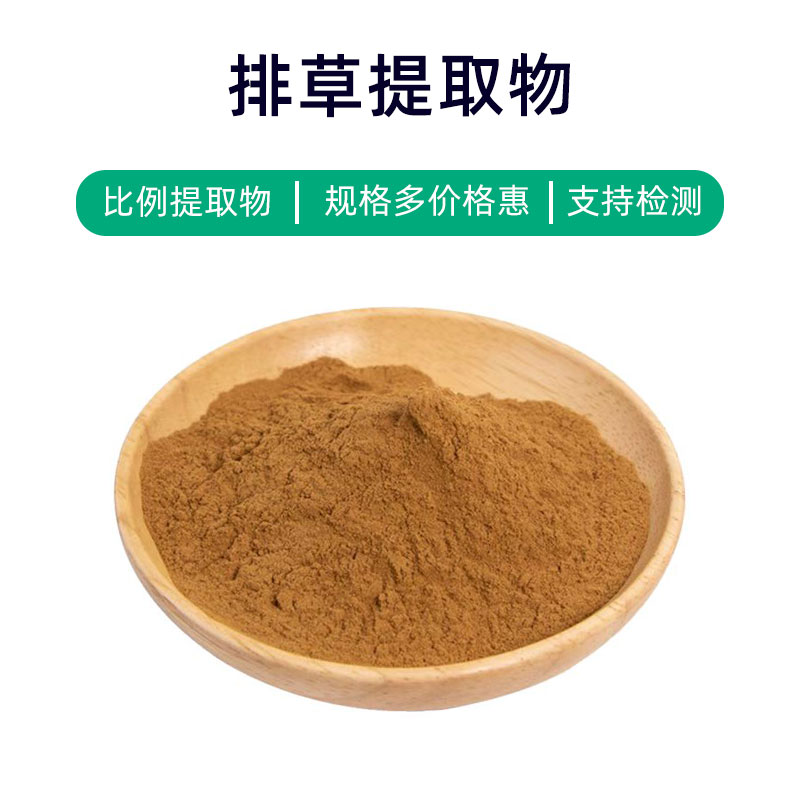Black Seed Extract Product Introduction
Black seed extract is a natural plant extract derived from the seeds of black seed (Nigella sativa). Its main components include rich ceramides, terpenes, flavonoids, and more. These active ingredients confer diverse health benefits to black seed extract.
Firstly, black seed extract is widely used in the health supplement industry. It is believed to possess antioxidant, anti-inflammatory, and antibacterial properties, helping to boost the immune system, reduce inflammation, and positively impact cardiovascular, digestive, and respiratory health.
Secondly, black seed extract has gained attention in the pharmaceutical sector. Studies indicate that it may help lower blood sugar, improve gallbladder health, and exhibit anti-tumor effects, but specific results require further research and clinical validation.
Moreover, black seed extract is commonly used in the cosmetics industry. Its antioxidant, anti-aging, and moisturizing properties make it suitable for skincare and hair care products, aiding in improving skin texture, slowing down skin aging, and maintaining healthy shine in hair.
In summary, as a natural plant extract, black seed extract offers various health benefits and finds extensive applications in health supplements, pharmaceuticals, and cosmetics, providing a natural option for health and beauty.
Black Seed Extract Production Process
The production process of black seed extract generally includes the following steps:
- Raw Material Preparation: Select fresh, dry, mold-free black seeds as raw materials. Inspect and clean the raw material to remove impurities.
- Crushing and Grinding: Crush and grind the cleaned black seeds to enhance extraction efficiency. Typically, a grinder or milling equipment is used for this process.
- Extraction: Use appropriate solvents (such as ethanol, water, ethyl acetate, etc.) to extract from the crushed black seeds. During extraction, control temperature, time, and solvent concentration to ensure extraction efficiency and quality.
- Concentration: Concentrate the obtained extract mixture, typically using evaporation or vacuum concentration methods, to remove excess solvent and obtain concentrated extract.
- Filtration: Filter the concentrated extract to remove suspended solids, impurities, and residues, ensuring the purity and quality of the extract.
- Drying: Dry the filtered extract to remove moisture, yielding dry black seed extract. Common drying methods include spray drying and vacuum drying.
- Refinement: Refine the dried extract to remove residual solvents and impurities, improving product purity and quality.
- Packaging: Package the refined black seed extract, typically using airtight packaging to prevent oxygen, moisture, and light exposure, maintaining product stability and freshness.
- Quality Inspection: Conduct quality checks on the packaged black seed extract, including appearance, purity, and active ingredient content, ensuring the product meets relevant standards and requirements.
- Storage: Store the approved products in a cool, dry, well-ventilated environment, avoiding direct sunlight and high temperatures to extend shelf life and stability.
By following these production steps, high-quality black seed extract can be produced to meet the needs of pharmaceuticals, health supplements, and cosmetics industries.
Black Seed Extract Benefits and Side Effects
Black seed extract offers a variety of benefits, mainly including the following aspects:
- Antioxidant Properties: Black seed extract is rich in various antioxidants such as flavonoids and vitamin E, which can neutralize free radicals in the body, slowing down cellular oxidative damage and protecting cells from oxidative stress.
- Anti-inflammatory Effects: The active ingredients in black seed extract have significant anti-inflammatory properties, inhibiting the release of inflammatory mediators and alleviating inflammatory responses, making it beneficial for inflammatory diseases like arthritis and dermatitis.
- Immune Regulation: The bioactive components in black seed extract can modulate immune system function, enhancing immunity and improving body resistance, assisting in better immune performance.
- Antibacterial Effects: Black seed extract exhibits inhibitory effects against various bacteria and fungi, which can be used to prevent and treat diseases associated with bacterial infections, like skin infections and respiratory infections.
- Anti-allergic Effects: The active components in black seed extract can suppress allergic reactions, alleviating symptoms for allergic diseases like allergic rhinitis and skin allergies.
- Blood Sugar Regulation: Research indicates that certain components in black seed extract have blood sugar-lowering effects, aiding in regulating blood sugar levels, which can be beneficial for diabetes patients.
- Digestive Aid: Black seed extract can promote gastrointestinal motility, increase gastric secretion, and improve digestive function, aiding in conditions such as indigestion and gastritis.
- Antitumor Properties: Some studies show that active components in black seed extract may inhibit tumor cell proliferation and induce apoptosis, offering potential in cancer prevention and adjunct treatment.
Despite its numerous benefits, there are potential side effects and contraindications to consider when using black seed extract. Long-term or excessive use may cause digestive issues, allergic reactions, and other adverse effects. Therefore, it's advisable to consult a healthcare professional before use, adhering to recommended dosages and applications.
Black Seed Extract Applications and Dosage
Black seed extract is widely applied in pharmaceuticals, food, and cosmetics. Below are the application scenarios and recommended dosages for each field:
- Pharmaceuticals:
- Uses: To regulate immune function, provide anti-inflammatory and antioxidant benefits, lower blood sugar, and offer antibacterial properties.
- Dosage: Generally, adults can take around 100-200 mg of black seed extract per day, divided into 2-3 doses. The dosage may be adjusted based on specific health conditions and medical advice.
- Food Industry:
- Uses: As a health food additive to enhance immune support, provide antioxidant effects, and aid digestion.
- Dosage: Black seed extract can be added to beverages, bread, pastries, yogurt, etc., with a typical dosage of 10-20 grams per day.
- Cosmetics:
- Uses: Used in skincare and beauty products, it offers moisturizing, antioxidant, and anti-inflammatory benefits, helping improve skin condition.
- Dosage: Black seed extract can be added as an ingredient in creams, lotions, masks, and shampoos, with a general inclusion of 1%-5% of the total formulation.
Overall, black seed extract is commonly used in health supplements with dosages tailored to individual circumstances and physician recommendations; in the food sector, it serves as a health food additive and should not exceed recommended amounts; in cosmetics, it acts as an active ingredient in various skincare and beauty products, ensuring formulations are followed to avoid overuse and adverse reactions.
Black Seed Plant Overview, Distribution, and Growth Environment
Black seed extract originates from a plant known as black seed (scientific name: Nigella sativa), also referred to as black cumin, love-in-a-mist, and others. Below is a detailed description of the black seed plant's overview, distribution, and growth environment:
- Plant Overview:
- Black seed is a perennial herb belonging to the Apiaceae family.
- The plant typically grows around 20-30 centimeters tall, with elongated, dark green leaves, and flowers that are white or pale blue.
- The fruit of black seed is oval, measuring about 3-4 millimeters long, black in color, with distinct longitudinal stripes.
- Distribution:
- Black seed is native to the Mediterranean region, primarily found in North Africa, Southern Europe, and parts of Western Asia.
- Currently, black seed has been cultivated in many regions worldwide, especially in Asia, the Middle East, Europe, and North America.
- Growth Environment:
- Black seed thrives in warm, dry climates and is not particularly demanding regarding soil quality, though it prefers loose, well-drained soil.
- It can grow in sandy areas at lower elevations and survive in hot, drought-prone conditions.
- Typically, black seed flourishes in summer, growing rapidly in sunny, warm environments, and produces black seeds when the fruits mature.
- Cultivation Methods:
- Black seed can be directly sown by seeds or propagated through division.
- Seeding is generally done in spring, ensuring soil moisture is maintained after sowing.
- During growth, it requires ample sunlight and good drainage, with the application of organic fertilizers as needed.
- Wild State:
- Wild black seed can be found in the Mediterranean regions in grasslands, arid areas, and hillside terrains.
- Due to its adaptability to drought, black seed often appears in dry, barren soils, making it a relatively drought-resistant plant.
In summary, black seed is a highly adaptable plant with a broad growth environment, mainly distributed in the Mediterranean region, preferring warm, dry weather and loose soil. It is cultivatable worldwide and widely used in medicinal, food, and cosmetic applications.
Black Seed Extract Processing and Storage
The processing of black seed extract typically involves several steps: first, harvesting mature black seeds; next, cleaning and screening the seeds to remove impurities; then grinding the clean seeds to extract effective components; thereafter, employing appropriate extraction methods like supercritical fluid extraction or solvent extraction to obtain target components; finally, filtering, concentrating, and drying the extract to create black seed extract. To maintain its quality and stability, black seed extract should be stored in a cool, dry environment, away from direct sunlight, and safeguarded from moisture. It is best kept in opaque, sealed containers to prevent exposure to oxygen, humidity, and light.
Monica Sun is a seasoned expert in the plant extraction industry with over a decade of experience in research and production. She specializes in the extraction and purification of plant active ingredients, focusing on driving innovation in natural product applications. Monica has participated in the development of multiple functional plant extracts, delivering high-value natural raw material solutions for the health food, pharmaceutical, and dietary supplement sectors.









